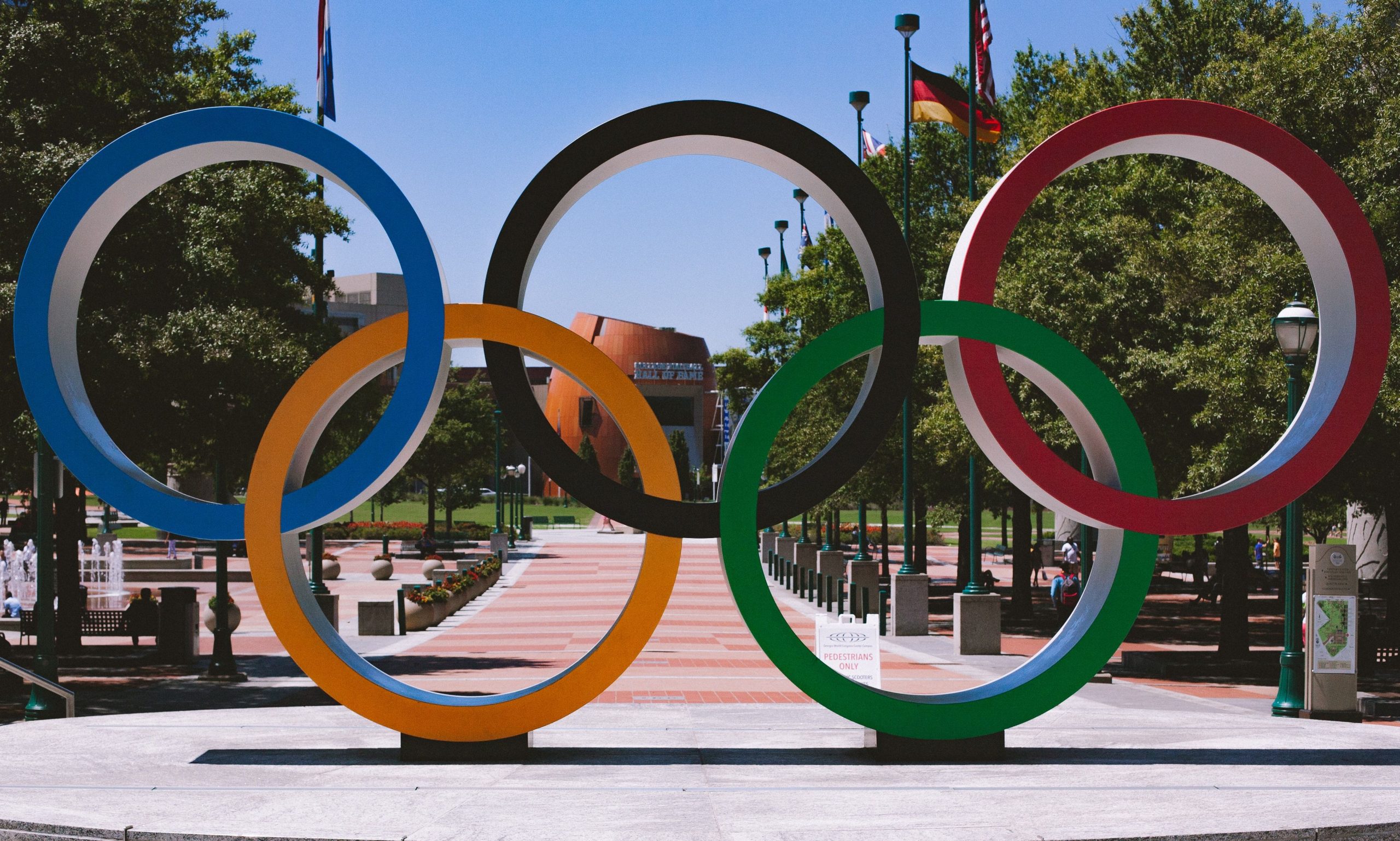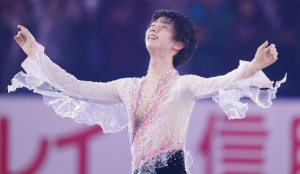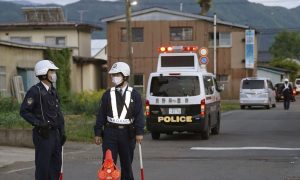Pandemic-hit Olympics will take place this summer “however the coronavirus evolves” said Tokyo 2020 President Yoshiro Mori on Tuesday, brushing aside concerns about the Games.
Organisers, the Government of Japan and Olympic officials are trying to build support for the Games amid a rise in Covid-19 cases around the world less than six months before the opening ceremony.
Doubts about the Games have risen as nations have been forced to re-enter lockdowns, with most of Japan still in a state of emergency with the virus, but Mori sounded a confident note.
“We’ll certainly go ahead however the coronavirus (pandemic) evolves,” he told a meeting of Olympic organisers and members of Japan’s ruling party in Tokyo.
“We must go beyond discussion about whether we will hold it or not. It’s about how we will do it. Let’s think about a new kind of Olympics on this occasion,” he added.
Also Read: Considering emergency in Tokyo over ‘very severe’ third wave of Covid-19: Japan PM Suga
The comments came hours before Japanese Prime Minister Yoshihide Suga is expected to declare a month-long continuation of the state of emergency, meaning that the measure will remain in Tokyo and many other parts of the world until March 7.
Tighter border restrictions imposed after infections surged have already forced the postponement of some sporting facilities, including this year’s first Olympic test event, an artistic swimming qualifying scheduled for March.
The nationwide Olympic torch relay is still due to begin on March 25.
On Wednesday, organizers are set to outline more specifics of the detailed coronavirus counter-measures they devised for the 2020 Games, which were moved back to 2021 last March when Covid-19 spread across the globe.
Yet Japanese public opinion seems opposed to this year’s Tournaments, with 80 per cent of people either endorsing further postponement or cancelation of the polls.
Organizers also said that none of these strategies were on the agenda, and they have gained strong support from both the International Olympic Committee and the athletes around the world.
Seiko Hashimoto, the Olympic Minister, told the meeting she was still sure that the Games could go ahead.
“Making the Tokyo Games a success will demonstrate the world is united,” said Hashimoto, herself a former Olympian.
She said it will provide the world with “hopes and dreams” and “send a message that Japan can contribute to solving issues that the world faces”
Although organizers clung to the line that the Games will open on July 23 as planned, crucial decisions about the shape of the event remain, including whether international fans will be able to come and how many spectators will be at the venues.
In the current outbreak of Covid-19 infections, local medical associations have urged organizers to restrict fans, warning that the health care system of the country has been overburdened.
For the first time last month, IOC leader Thomas Bach acknowledged that the Games could take place behind closed doors.
“This I cannot tell you,” he said, when asked if fans would be able to attend. “Our priority is to ensure safe Olympic Games and we will do whatever is needed to organise safe Olympic Games.”
The thorny issue of vaccination still hangs over the event, with Olympic and Paralympic officials willing to encourage competitors to be vaccinated whenever possible but to avoid being seen as promoting queue-jumping.
Japan is yet to authorize coronavirus vaccines and is not expected to begin to inoculate its population until the end of February at the earliest.







